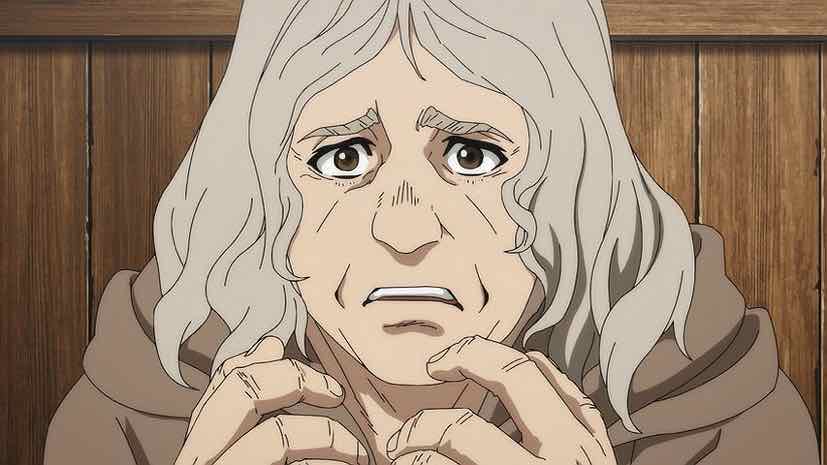 Rarely have I been less certain how I felt about a series at its conclusion than I am with Fumetsu no Anata e. This whole season was deeply, deeply weird. To the point where even though the final episode (for now) was pretty damn weird itself it looked positively conventional compared to most of it. It would be easier if it had been a total clusterfrick that I hated, but it wasn’t. I kind of enjoyed most of it, though a lot of that was just the novelty of the experience as opposed to the narrative itself.
Rarely have I been less certain how I felt about a series at its conclusion than I am with Fumetsu no Anata e. This whole season was deeply, deeply weird. To the point where even though the final episode (for now) was pretty damn weird itself it looked positively conventional compared to most of it. It would be easier if it had been a total clusterfrick that I hated, but it wasn’t. I kind of enjoyed most of it, though a lot of that was just the novelty of the experience as opposed to the narrative itself.
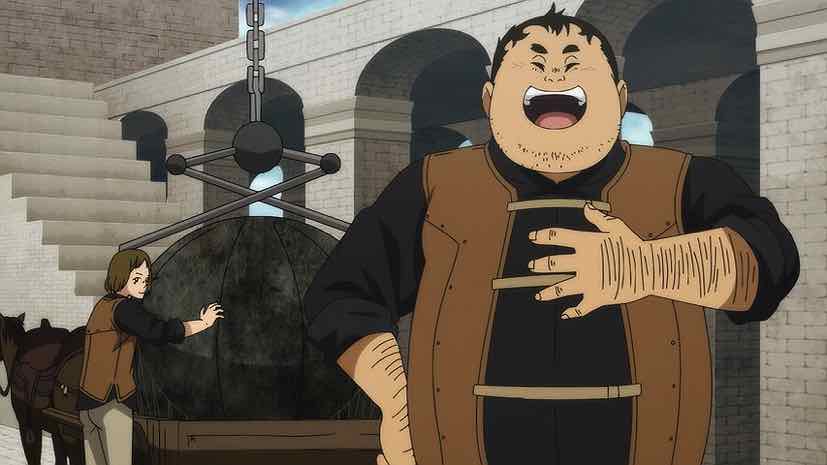 When I say “conventional”, I mean that this broadly resembled an expected finale in form. We got a survey of where everybody ended up, some reflection time, a feint at a happy ending, even a timeskip. The mother of all timeskips in fact. Renril is safe, the battle is won. Kamu even gets a clean shot with Yuiss, as it turns out her mom is a cougar. The best part was seeing Fushi (even if he looked like Bon) and Gugu cooking together just like old times. That was a reminder of the best passage of the series after the stunning first episode, those days spent at Booze Man and Pioran’s house with Gugu.
When I say “conventional”, I mean that this broadly resembled an expected finale in form. We got a survey of where everybody ended up, some reflection time, a feint at a happy ending, even a timeskip. The mother of all timeskips in fact. Renril is safe, the battle is won. Kamu even gets a clean shot with Yuiss, as it turns out her mom is a cougar. The best part was seeing Fushi (even if he looked like Bon) and Gugu cooking together just like old times. That was a reminder of the best passage of the series after the stunning first episode, those days spent at Booze Man and Pioran’s house with Gugu.
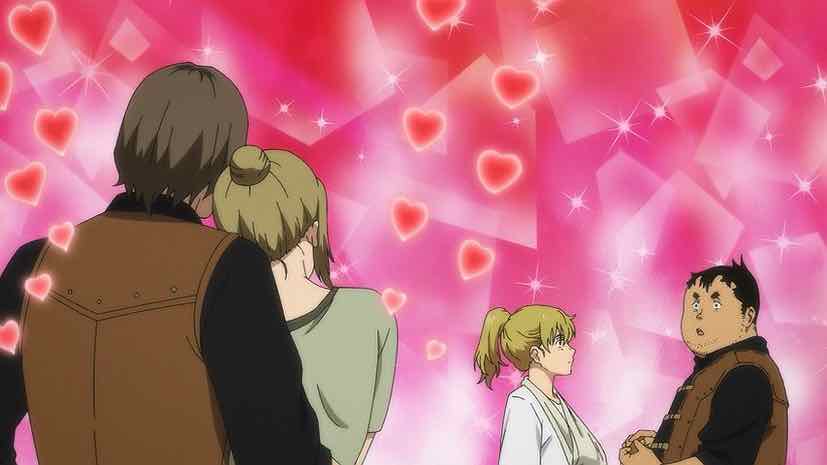 But things turned bittersweet pretty fast, in a direction a lot of viewers will likely struggle with. Having just been reunited with the two “ghosts” most precious to him, Fushi declares that he’s going to abandon them again. He plans to spread his consciousness across the entire world, making it a nokker-free zone, but in the process effectively abandoning his physical form. Naturally Gugu and March are roundly opposed to this, and in fact March is so distraught that she declares she’d prefer death over losing Fushi again. The Man in Black stops time to allow Fushi to slip into his deep meditative state in peace, and eventually March dies in an assisted suicide with Tonari’s help rather than leave Fushi’s side. But hey, at least she died on-camera – poor Eko didn’t even get that.
But things turned bittersweet pretty fast, in a direction a lot of viewers will likely struggle with. Having just been reunited with the two “ghosts” most precious to him, Fushi declares that he’s going to abandon them again. He plans to spread his consciousness across the entire world, making it a nokker-free zone, but in the process effectively abandoning his physical form. Naturally Gugu and March are roundly opposed to this, and in fact March is so distraught that she declares she’d prefer death over losing Fushi again. The Man in Black stops time to allow Fushi to slip into his deep meditative state in peace, and eventually March dies in an assisted suicide with Tonari’s help rather than leave Fushi’s side. But hey, at least she died on-camera – poor Eko didn’t even get that.
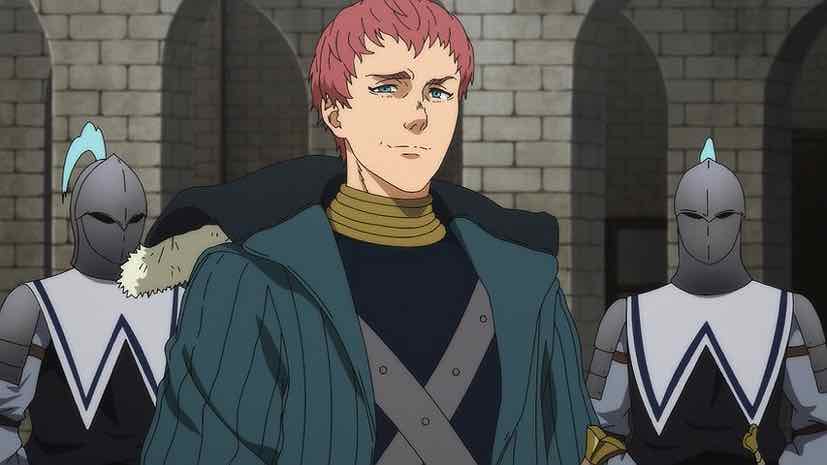 This is, in a word, depressing. We get the grim details of how everybody checks out – some better than others. Fushi’s virtually lifeless physical form (Bon-dy?) is guarded by Kamu, and Gugu for a while until he too checks out by choice after suffering serious injuries fighting anti-Fushi extremists. It’s worth noting that this is a very obvious Buddhist metaphor here, and more than that Fushi’s situation is a direct allusion to Kobo Daishi.
This is, in a word, depressing. We get the grim details of how everybody checks out – some better than others. Fushi’s virtually lifeless physical form (Bon-dy?) is guarded by Kamu, and Gugu for a while until he too checks out by choice after suffering serious injuries fighting anti-Fushi extremists. It’s worth noting that this is a very obvious Buddhist metaphor here, and more than that Fushi’s situation is a direct allusion to Kobo Daishi.
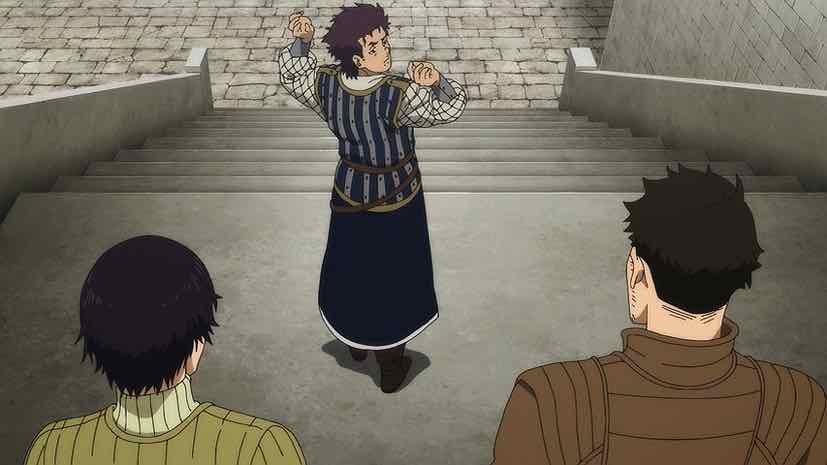 Kobo Daishi – in life Kuukai – was a Buddhist priest and scholar and is probably the most revered figure in Japanese history. After profoundly influencing Japanese life in myriad ways, in 835 he retreated to the inner sanctum of his temple on Mount Koya and entered deep meditation for the salvation of humanity – where his body is said to be to this day. And the monks still guard his sanctum and bring him meals and water every day. The surrounding cemetery is the largest in Japan, as for over a millennium the rich and powerful have desired to spend eternity in the close proximity of Kobo Daishi.
Kobo Daishi – in life Kuukai – was a Buddhist priest and scholar and is probably the most revered figure in Japanese history. After profoundly influencing Japanese life in myriad ways, in 835 he retreated to the inner sanctum of his temple on Mount Koya and entered deep meditation for the salvation of humanity – where his body is said to be to this day. And the monks still guard his sanctum and bring him meals and water every day. The surrounding cemetery is the largest in Japan, as for over a millennium the rich and powerful have desired to spend eternity in the close proximity of Kobo Daishi.
 Well, I get what they were going for here but I gotta be honest, I find that pretty unsatisfying. Fushi speaks of bringing at least some of these folks back when he’s created his ideal world (Eko at the very least), so perhaps that will happen. But before that timeskip there’s one more major event, as Kahaku manages to die a noble death by taking out the head of the Church of Bennett and in the process, returns the forms in his nokker’s possession (including the nameless boy, most crucially). That certainly causes a ripple in Fushi’s consciousness but he doesn’t wake up. In fact he doesn’t wake up for a very long time indeed, which makes me wonder who was guarding him after Kamu passed away.
Well, I get what they were going for here but I gotta be honest, I find that pretty unsatisfying. Fushi speaks of bringing at least some of these folks back when he’s created his ideal world (Eko at the very least), so perhaps that will happen. But before that timeskip there’s one more major event, as Kahaku manages to die a noble death by taking out the head of the Church of Bennett and in the process, returns the forms in his nokker’s possession (including the nameless boy, most crucially). That certainly causes a ripple in Fushi’s consciousness but he doesn’t wake up. In fact he doesn’t wake up for a very long time indeed, which makes me wonder who was guarding him after Kamu passed away.
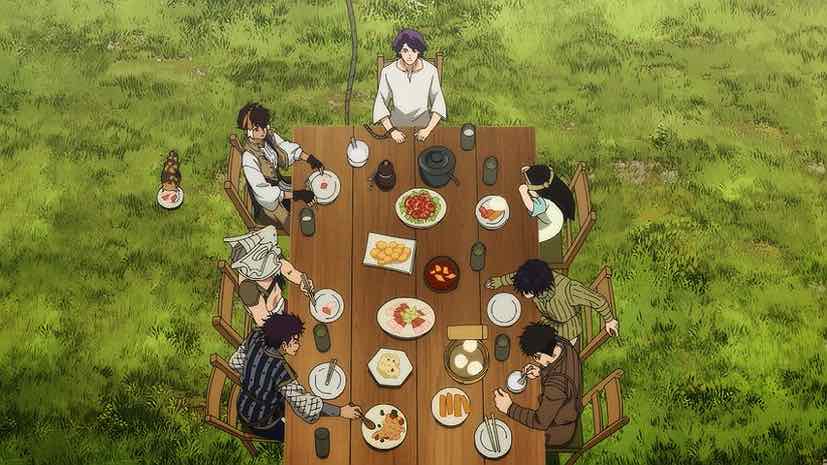 The confirmation of a third season that accompanied this episode must be factored in when assessing this as a season closer, I suppose. Why Fumetsu keeps getting sequels is almost as puzzling to me as the story itself. I mean, the manga is not super popular and the anime doesn’t seem to be a blockbuster or anything. Being an NHK series is the main reason I suppose, although there are more logical multi-season candidates among those that have never gotten them. This conclusion leaves me a bit hollow, but it’s not meant to be the conclusion.
The confirmation of a third season that accompanied this episode must be factored in when assessing this as a season closer, I suppose. Why Fumetsu keeps getting sequels is almost as puzzling to me as the story itself. I mean, the manga is not super popular and the anime doesn’t seem to be a blockbuster or anything. Being an NHK series is the main reason I suppose, although there are more logical multi-season candidates among those that have never gotten them. This conclusion leaves me a bit hollow, but it’s not meant to be the conclusion.
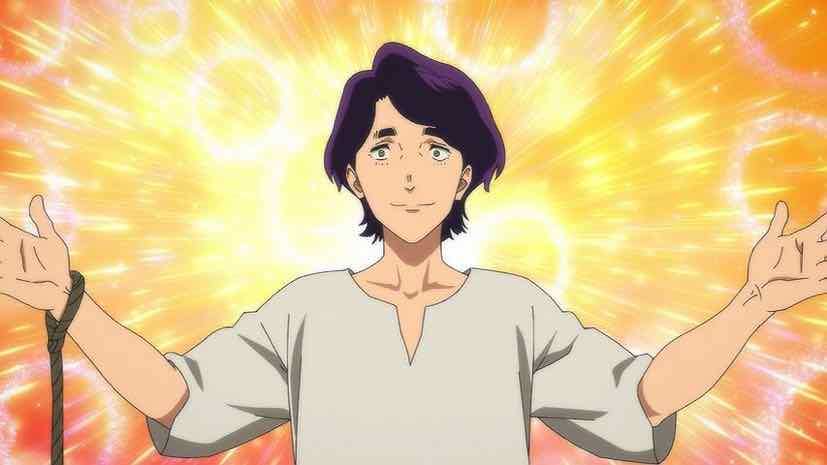 That said, the arc which follows – set in what looks very much like the present day except with a ton more roots – seems to be pretty unpopular with manga readers. I’ll make up my mind when the time comes but I can’t say I feel any great sense of excitement over the prospect. As interesting as this season was for its very opacity, ultimately I felt like there was never much of a payoff, and it never came close to the the brilliant peaks the first season occasionally achieved. I’m still very much vested in Fushi and what happens to him, but not much so in any of the rest of it. Is that enough to build on for another season? Only time will tell.
That said, the arc which follows – set in what looks very much like the present day except with a ton more roots – seems to be pretty unpopular with manga readers. I’ll make up my mind when the time comes but I can’t say I feel any great sense of excitement over the prospect. As interesting as this season was for its very opacity, ultimately I felt like there was never much of a payoff, and it never came close to the the brilliant peaks the first season occasionally achieved. I’m still very much vested in Fushi and what happens to him, but not much so in any of the rest of it. Is that enough to build on for another season? Only time will tell.
End Card


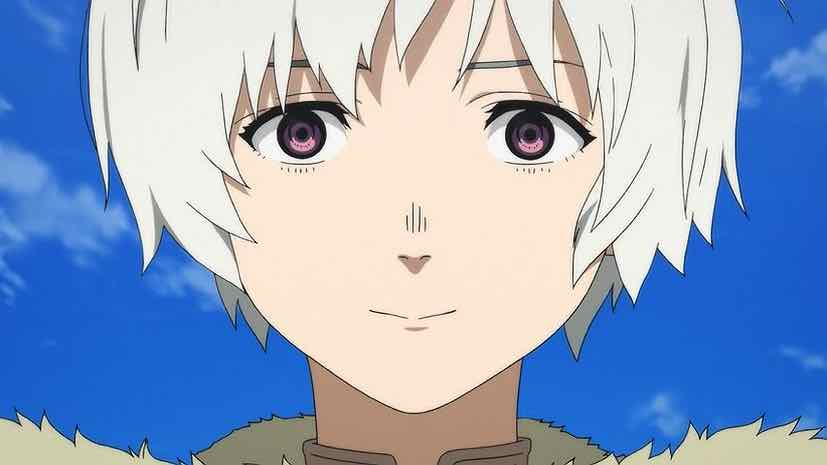
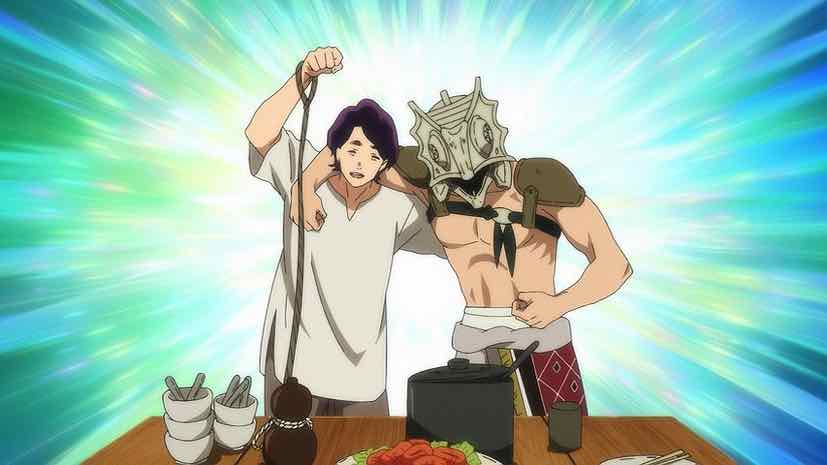
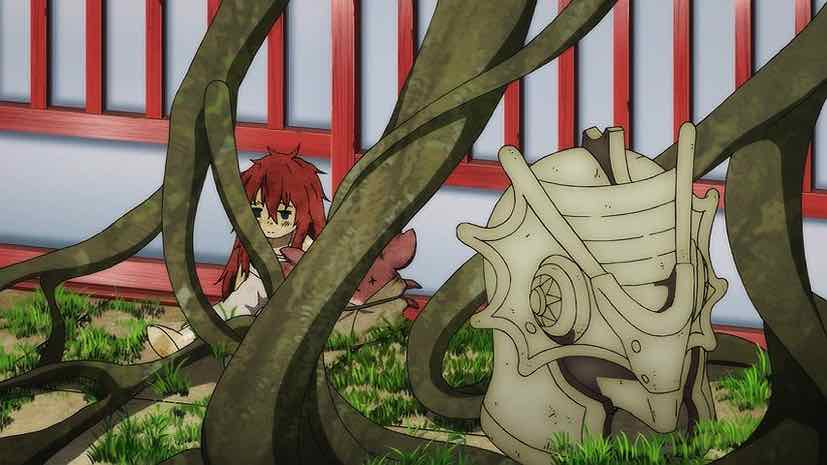
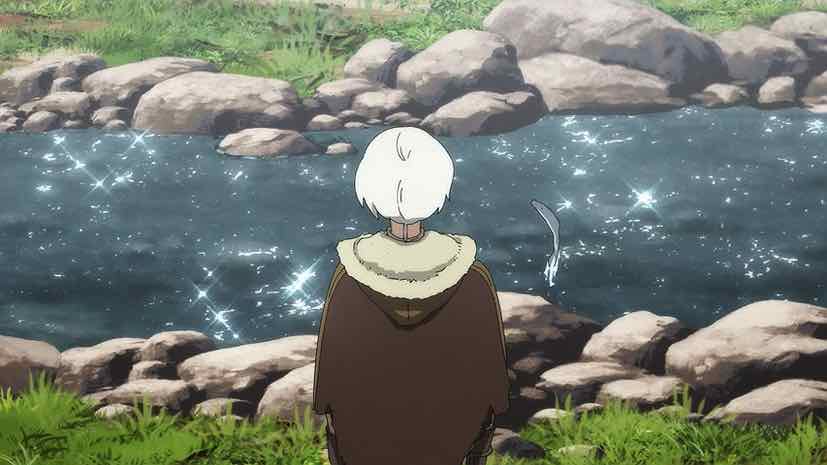
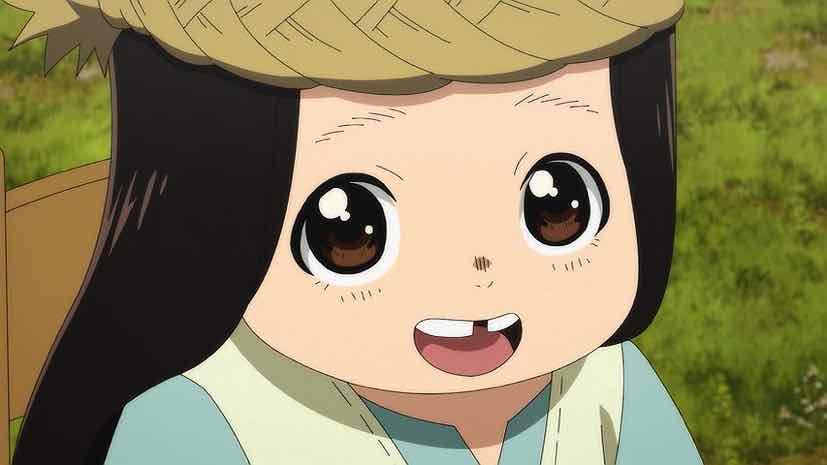
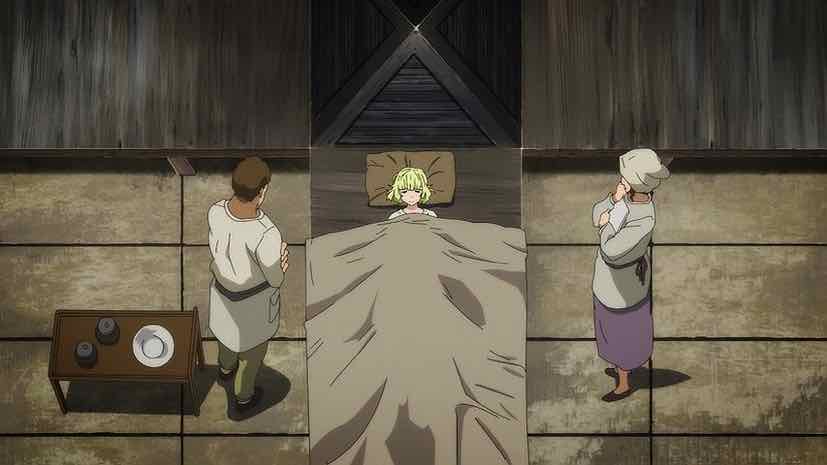

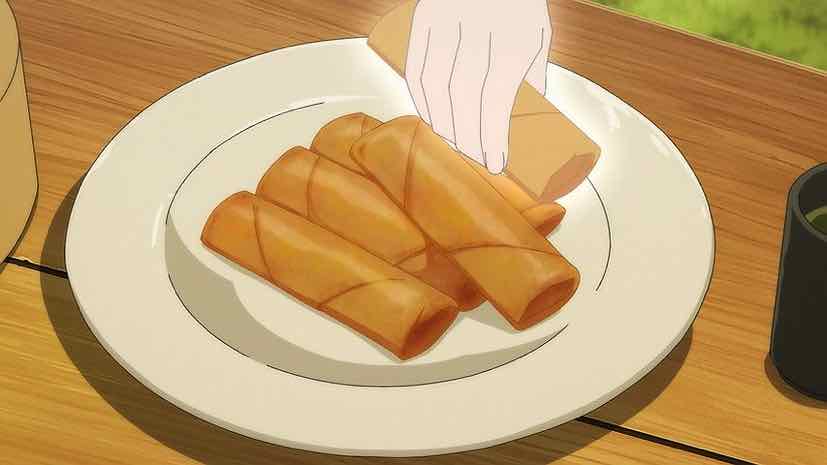
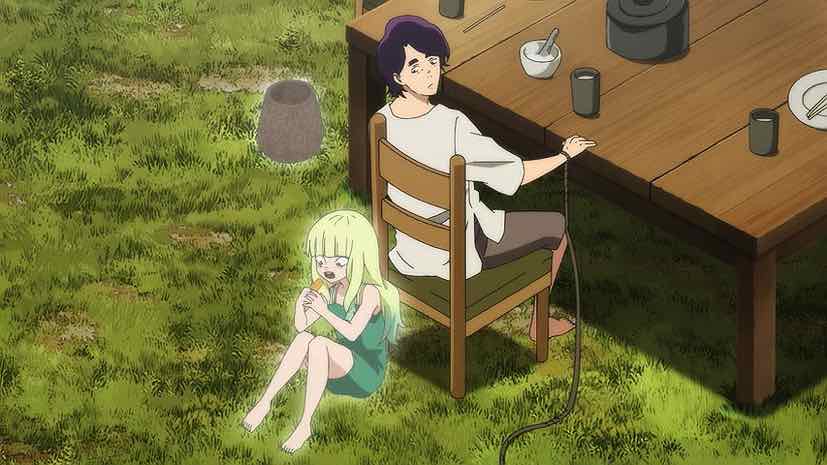
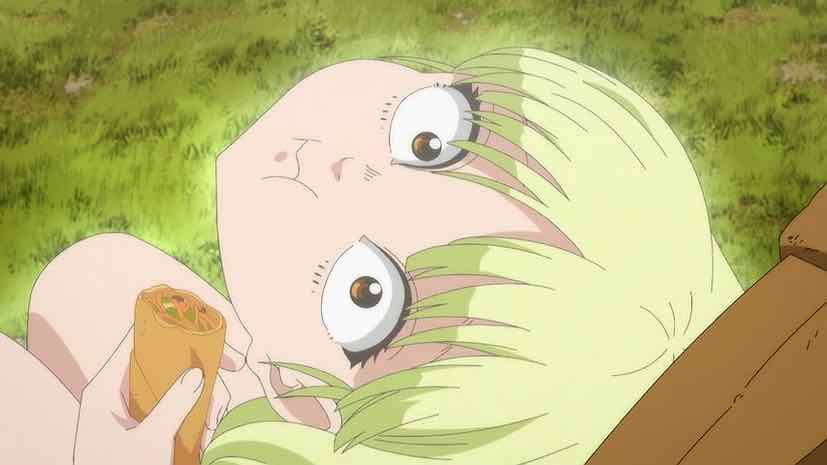
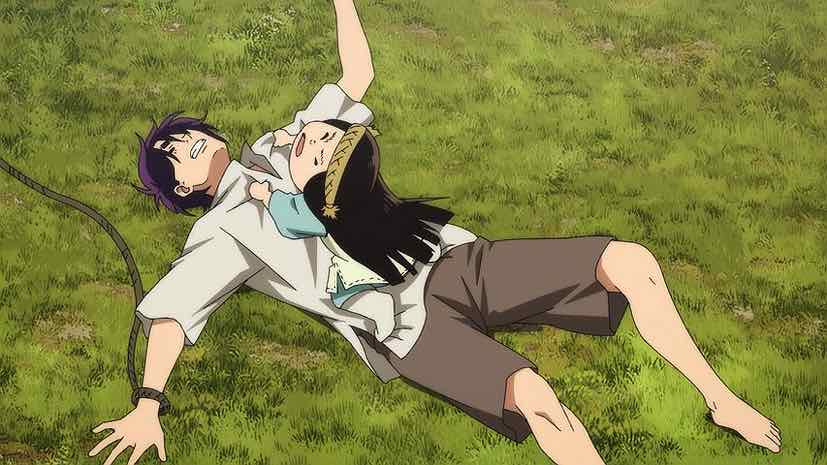
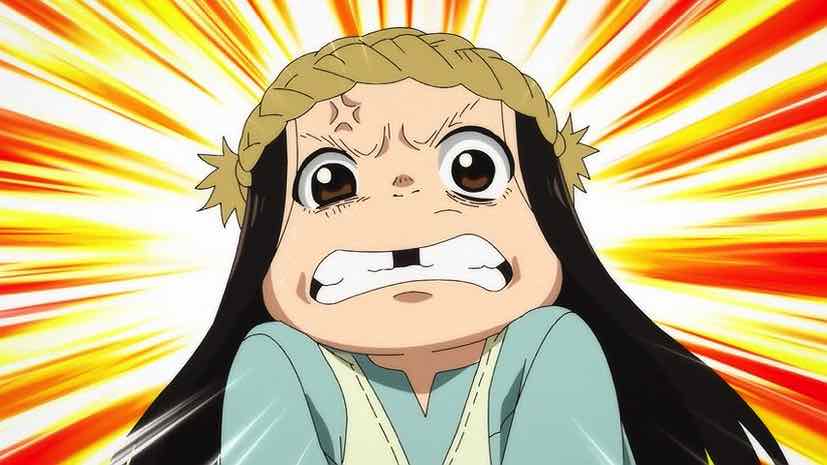
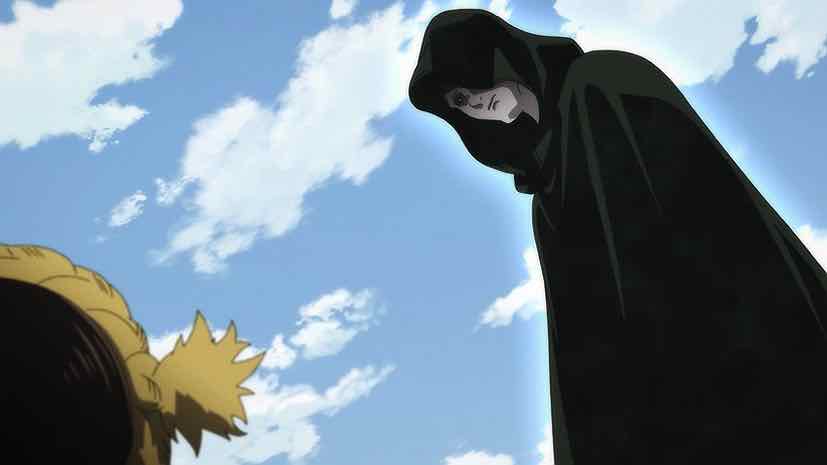
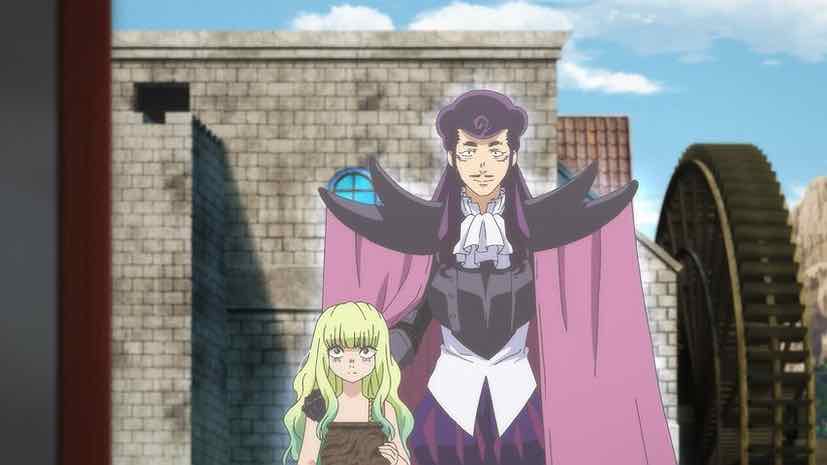
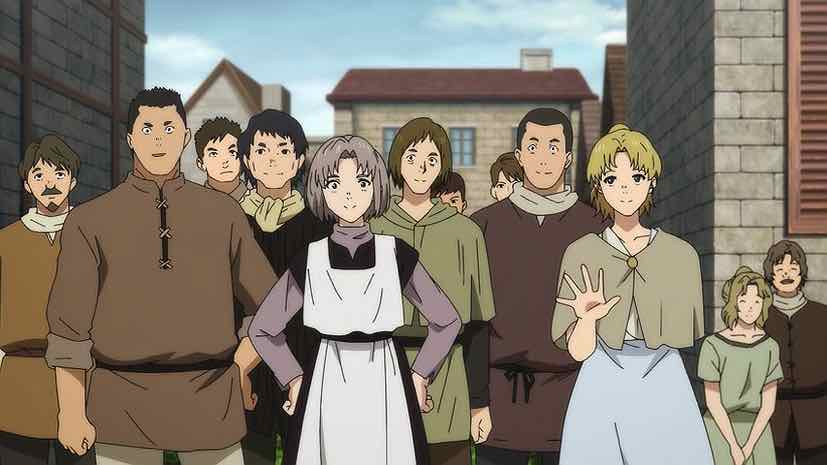

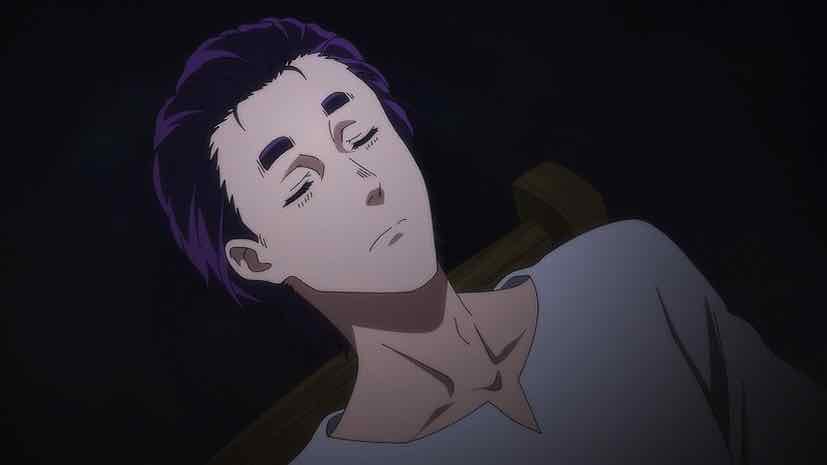

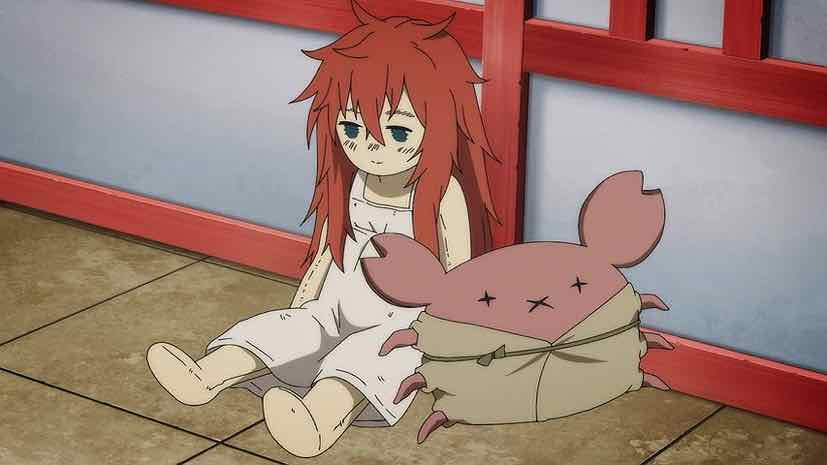
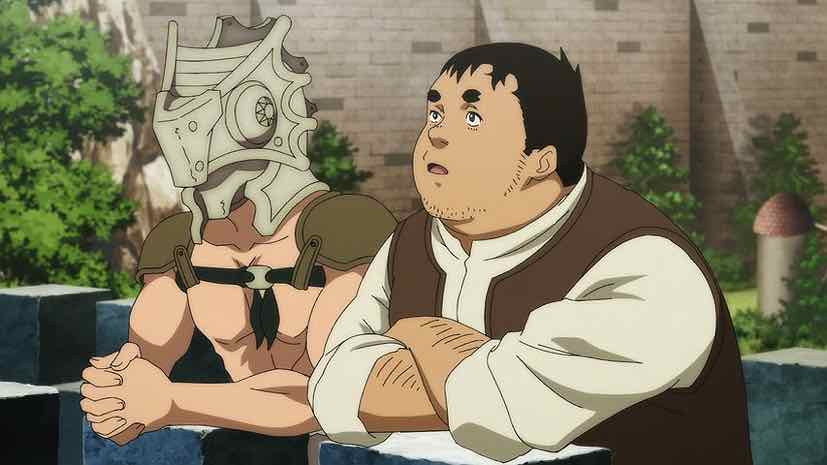
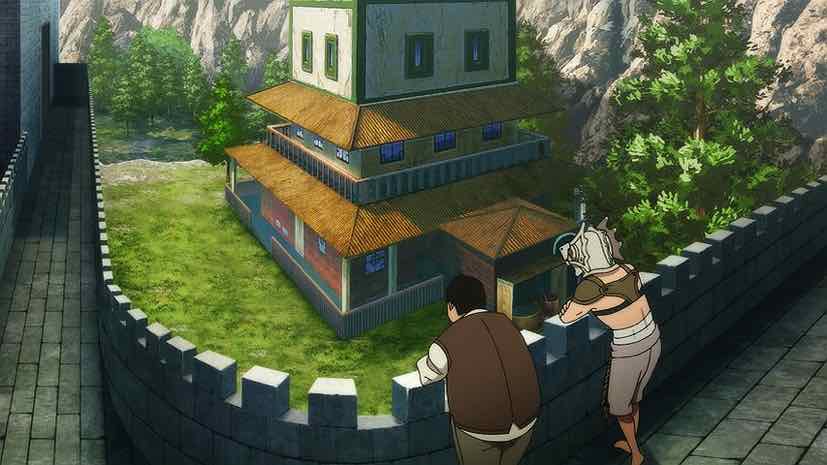
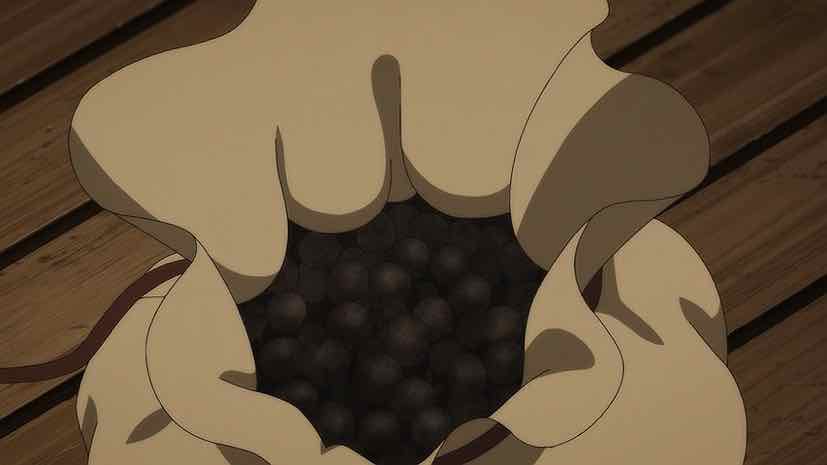
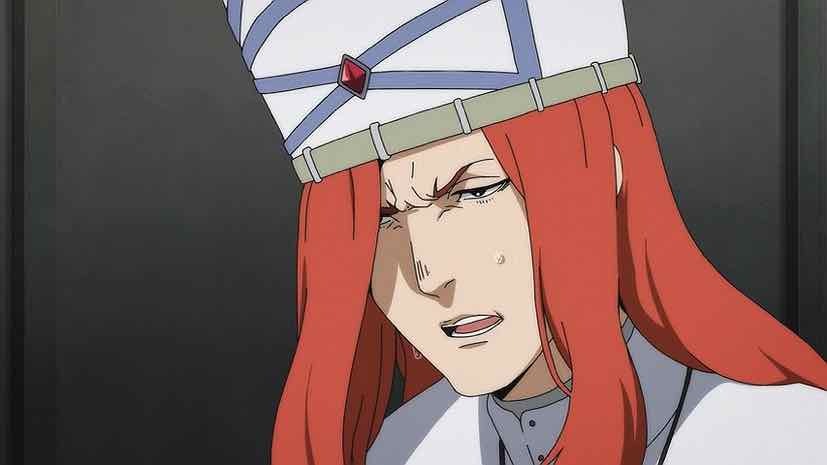
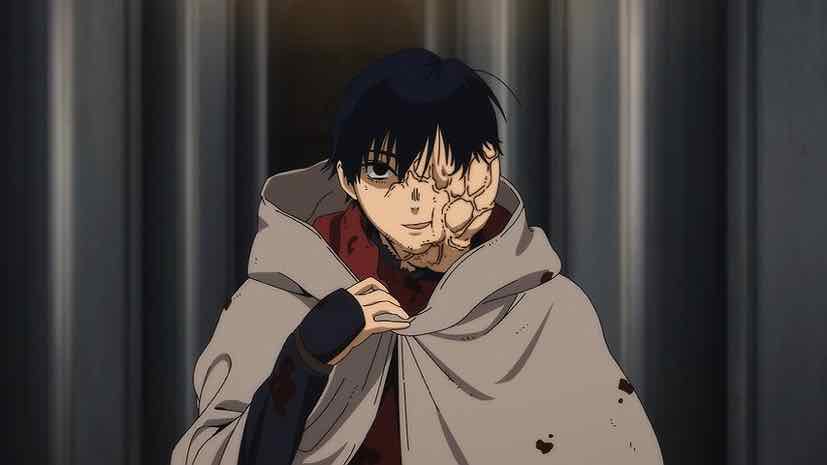
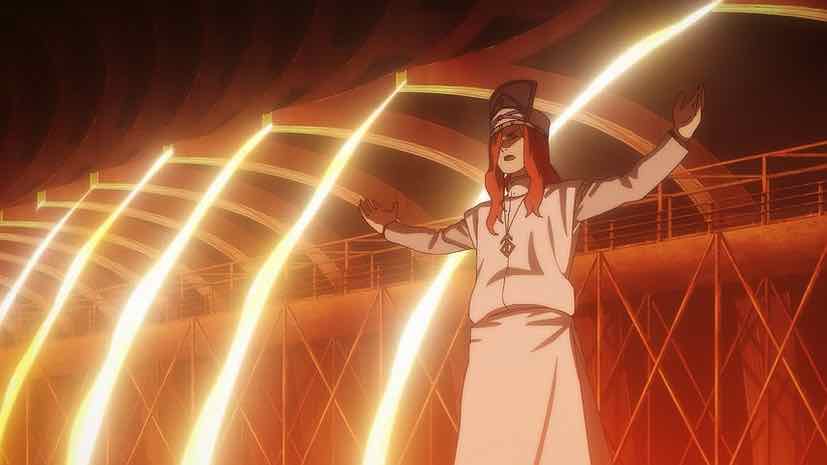
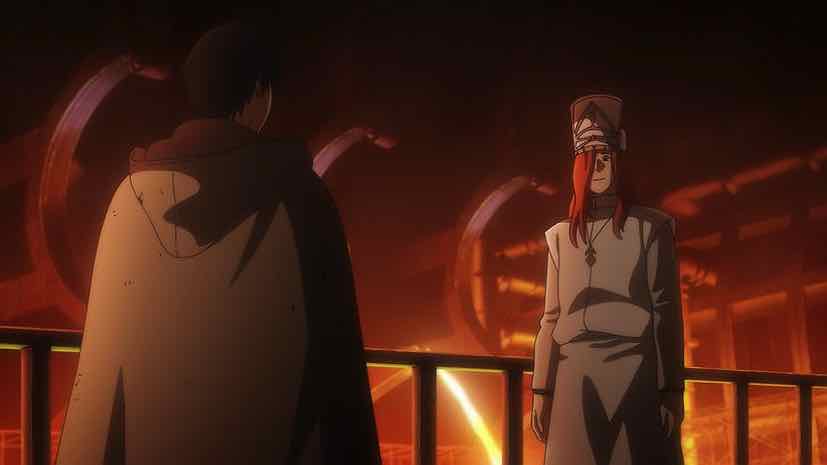
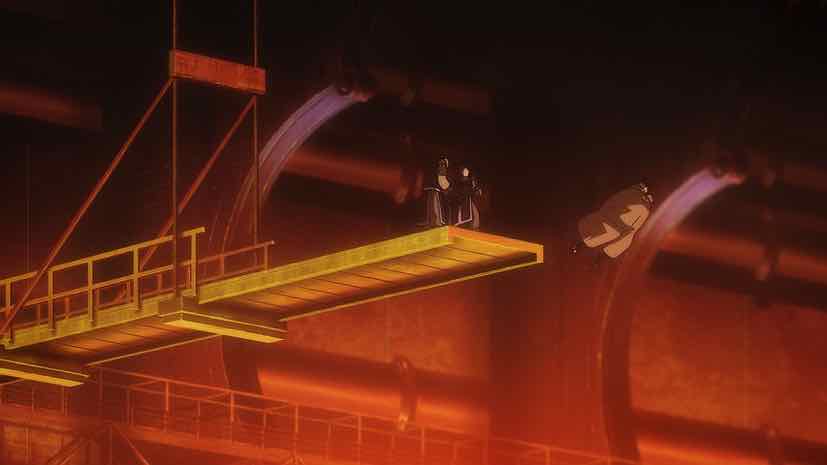


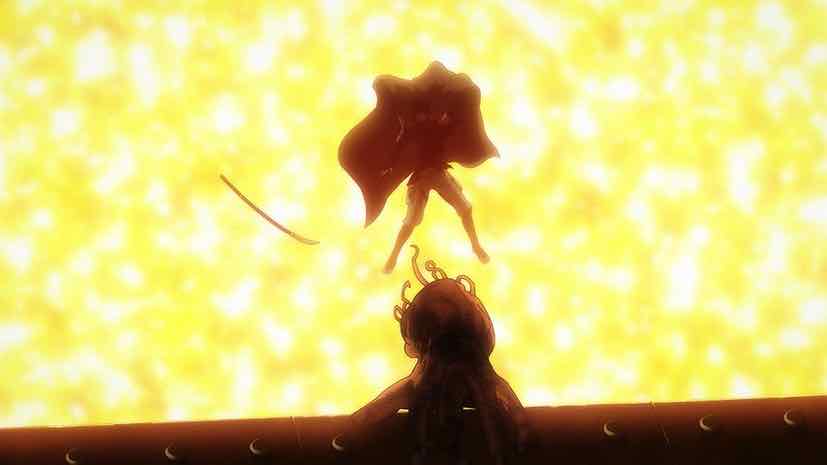
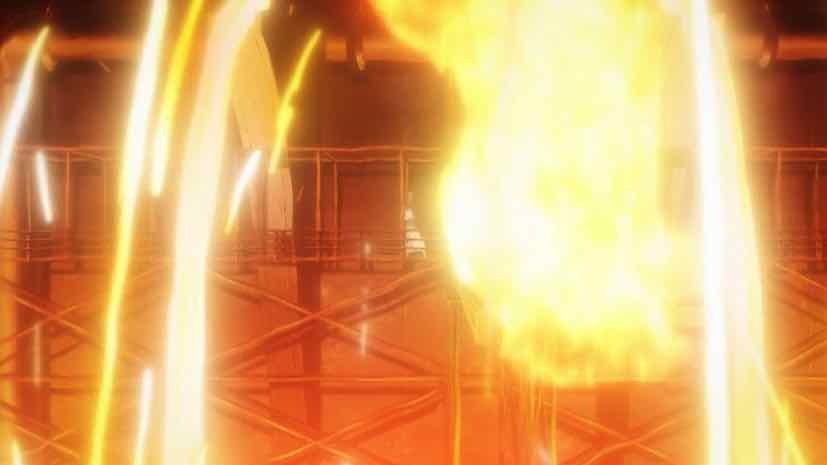
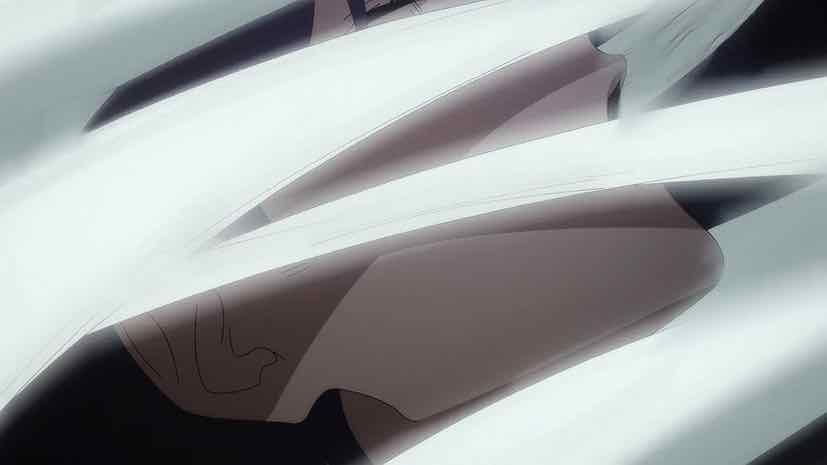
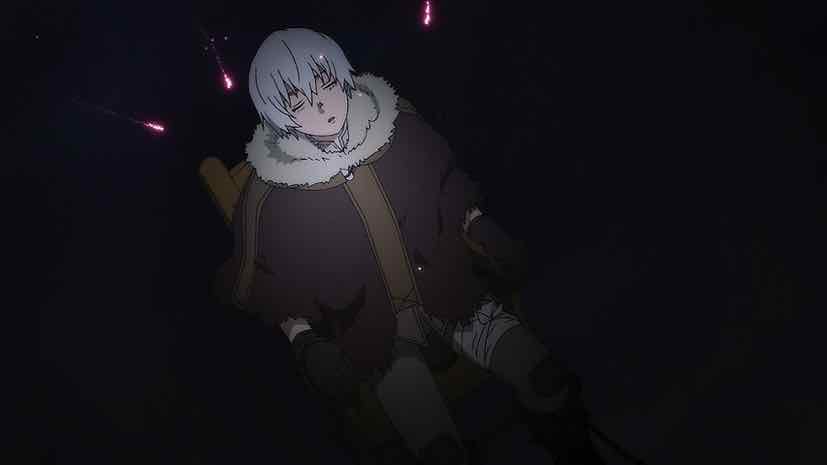
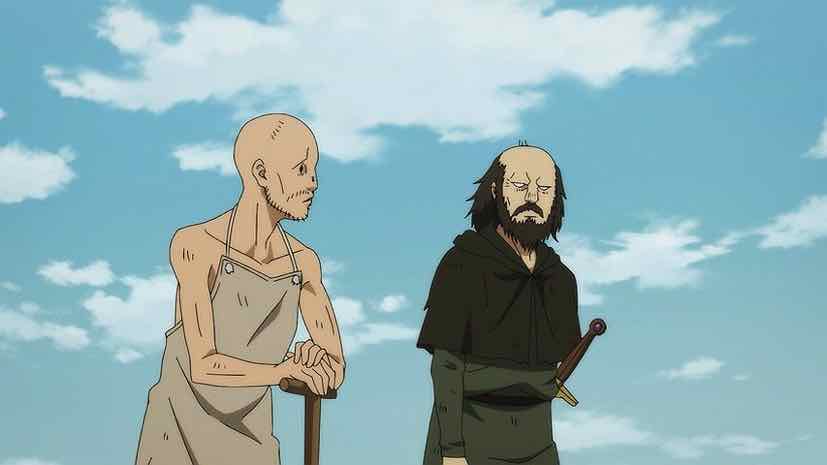
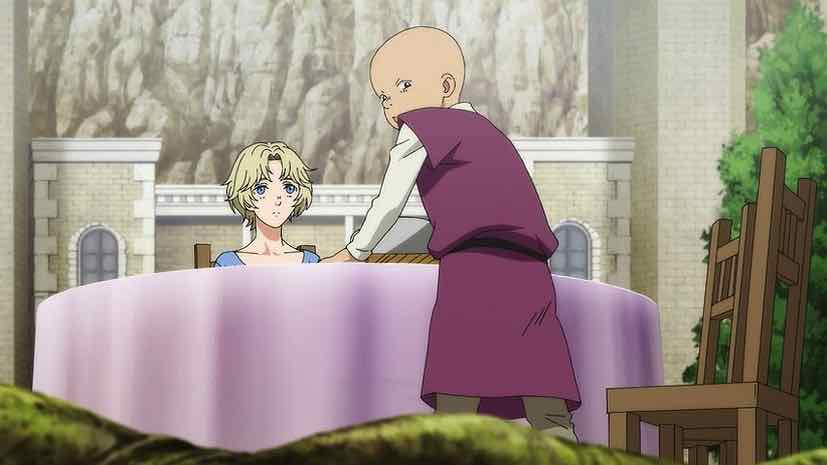
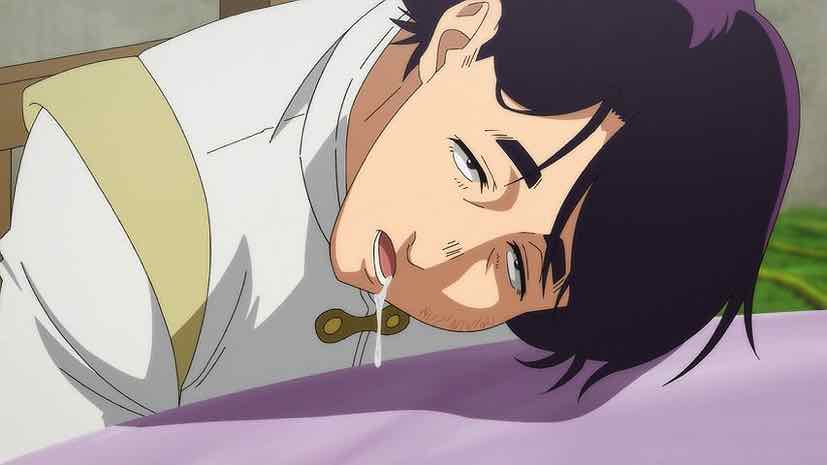
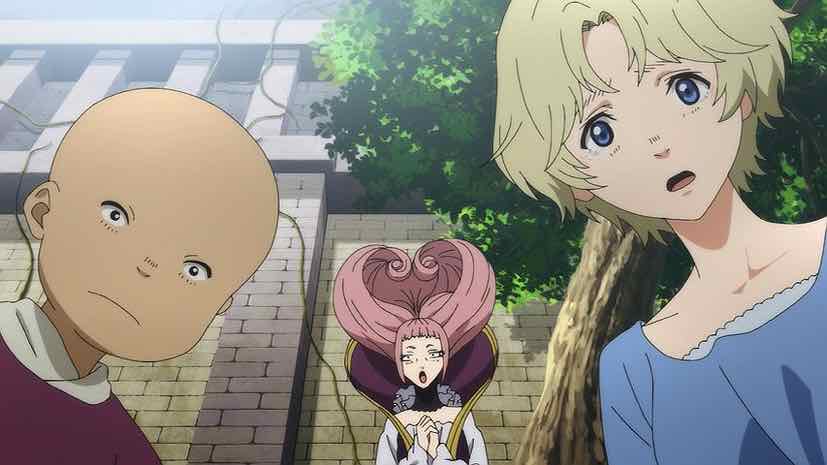
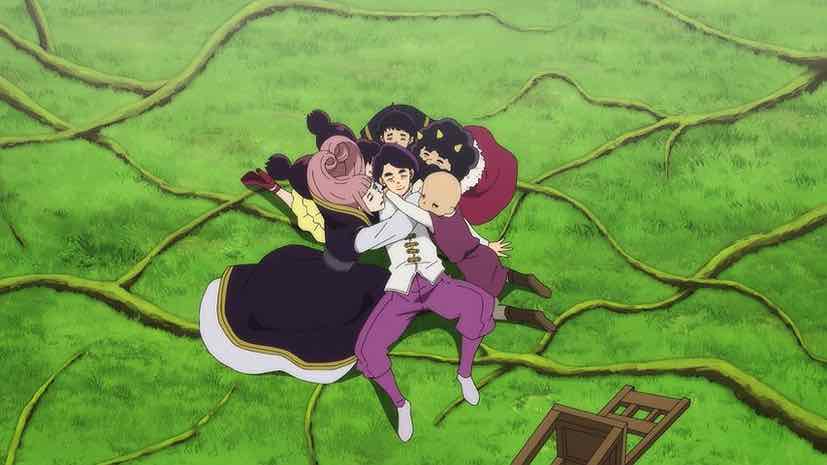

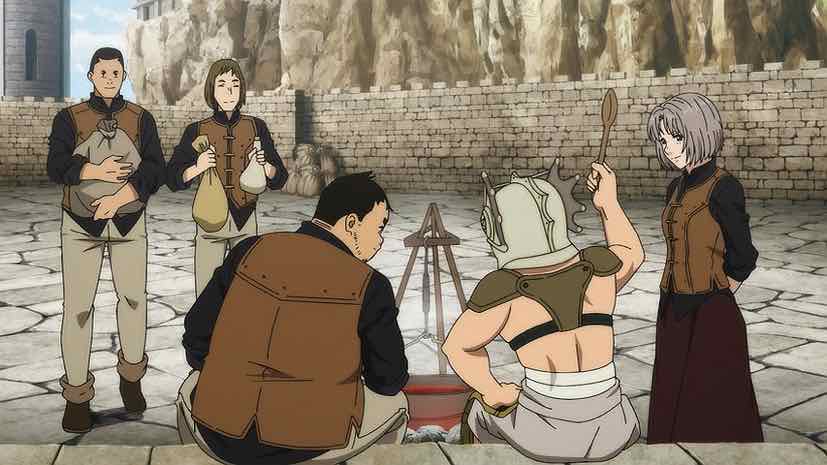
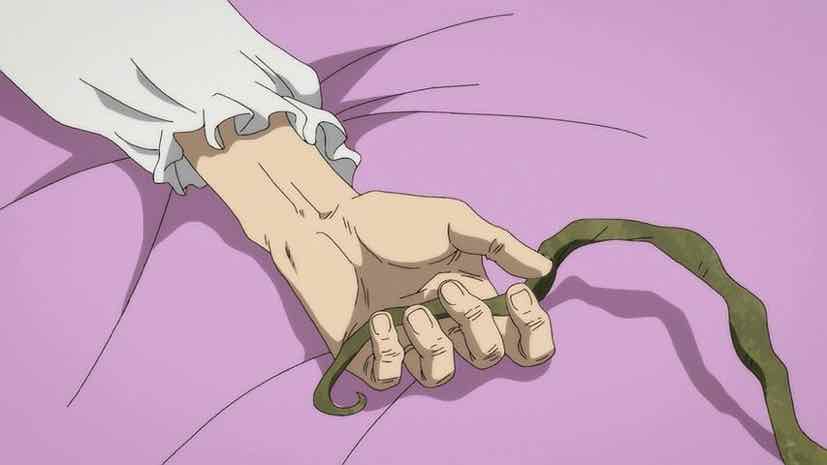
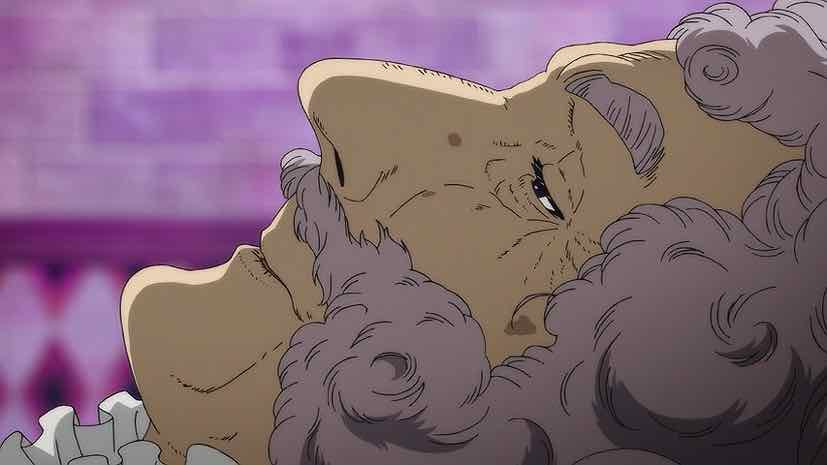
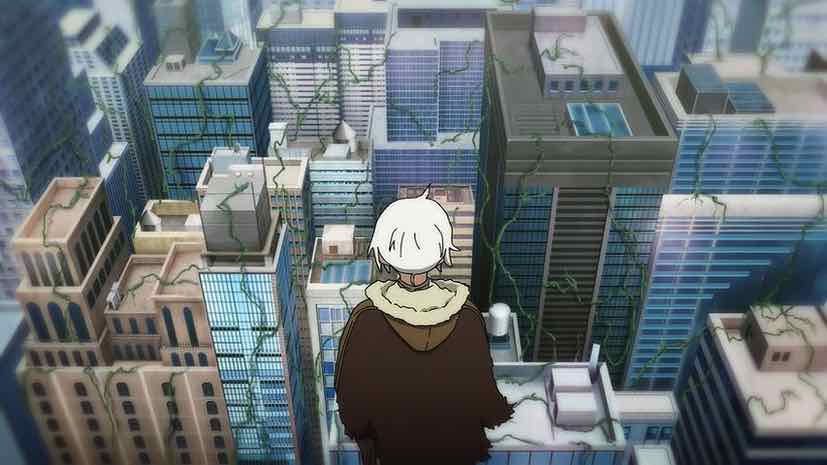
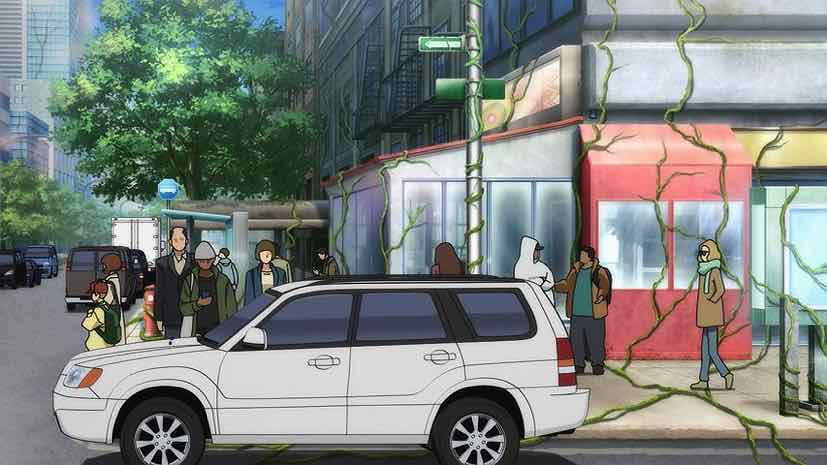

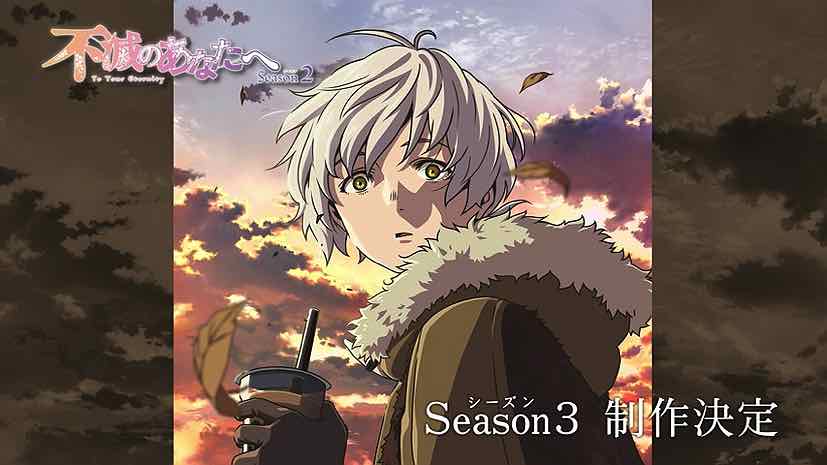
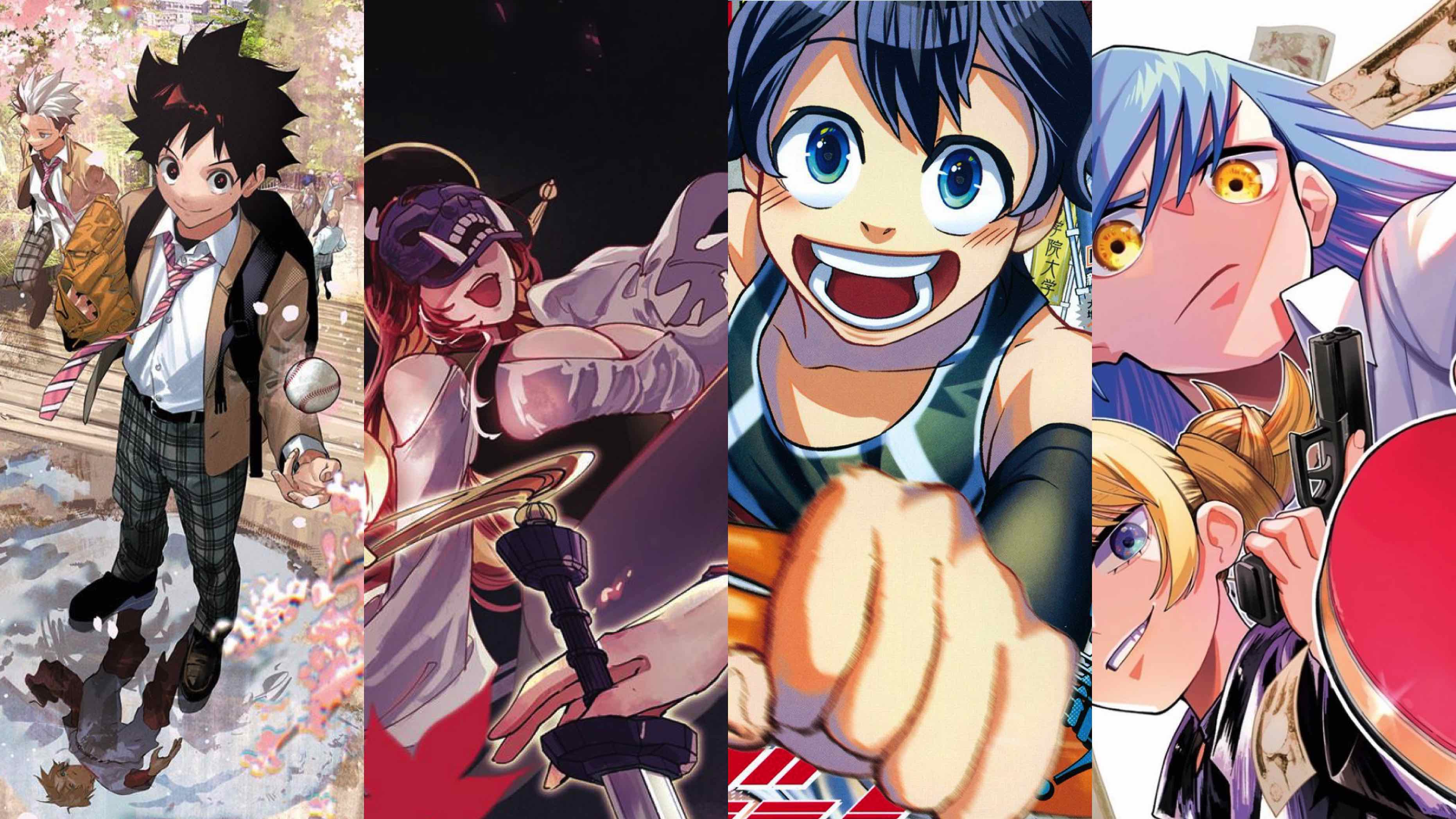
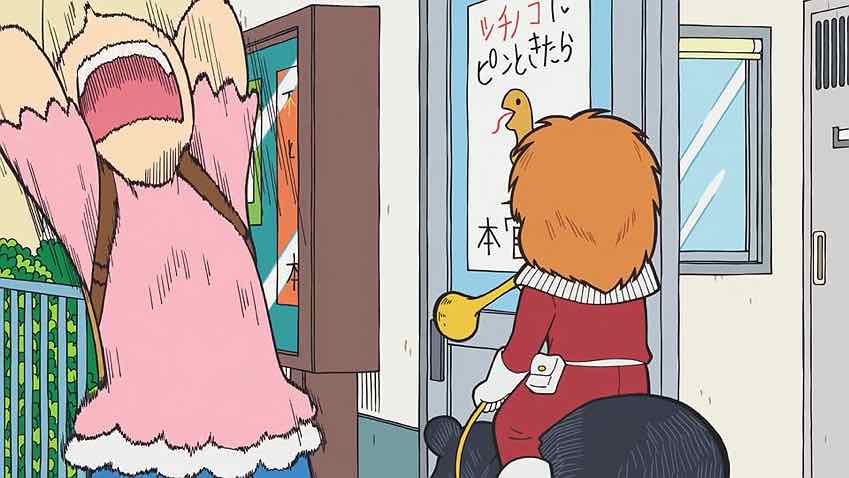
Kearney
March 14, 2023 at 4:53 amMaybe the next season will be more digestible in the form of an anime going for a few months vs spread out over years of 10 page chapters, but it’s gonna be weird and controversial no matter what.
Rasu
March 14, 2023 at 10:30 amThat third season announcement came as a surprise.
I am aware that Hayase and her reincarnations/descendants are beautiful and intelligent despite being sociopaths, but who in their right mind would want to conceive a child when they look like this with the nokker on their bodies? I get that the cult would, but the guy who rescued Hayase?
Also, Gabriel is not that young, he must be around her age.
It was also strange that Gugu didn’t stop both adults from euthanazing March instead of talking to her. He says that Fushi would get mad, but no one told him anyway, and Tonari ended up carrying the sin in secret like always, which still makes the character hard to like.
As for Bon, the lucky one died while reaching fulfillment with all his vassals and family.
On the other hand, Kahaku is a bit pitiful and tragic, his own clan saw him as a failure who would put an end to everything just for being a boy instead of a girl (and they were almost right, ironically when he got close to Fushi as they wanted), the poor kid was desperate for approval, and he was denied from that till the end. Yet, he accomplished what he promised. Yes, he lied to Fushi when he said he wasn’t going to try to seduce him, but he gave back its forms, killed that contradictory nokker along with the high ranks of that other cult, and even prevented his clan from dissappear (if only he wouldn’t have…). The Hayase soul never learns, only gets closer, but I don’t think it will ever be part of Fushi’s eternity despite how close it can get, but I get Fushi is the only thing that makes her think it would make life itself less empty (I guess it struggles with the price of being a genius at everything but lacking empathy, a thing which even Fushi or the Nokkers have). To the point sometimes it makes me wonder if this story is really about Fushi or not.
Lastly, regarding Alme, how come she, as the next queen in a matriarchal Benjamin system, was the only one in the shadows about the fact of Meshar being her half-brother?